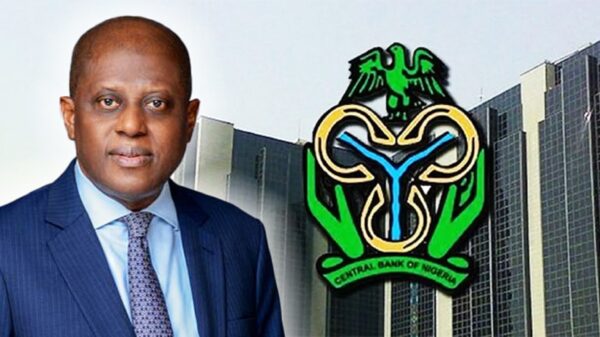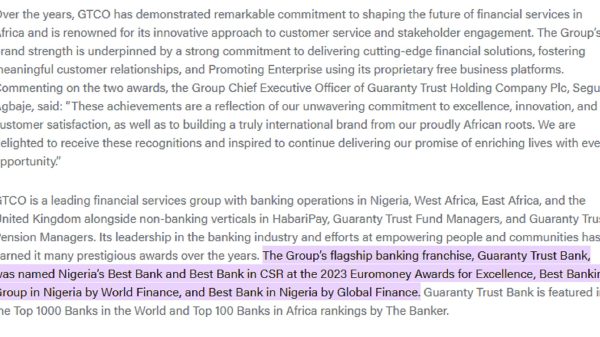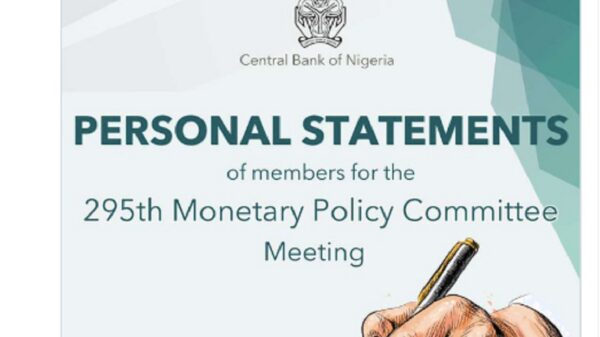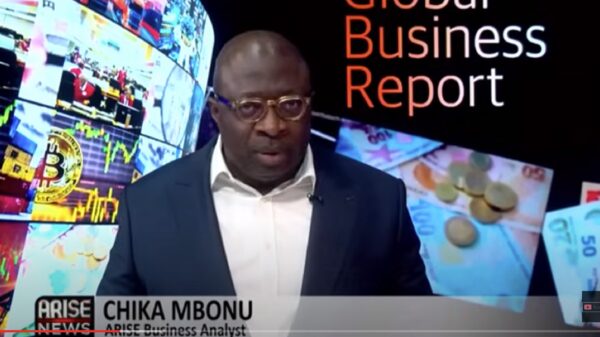Nigerians continue to troop in their numbers in pursuit of foreign academic qualifications; for many of them, it is a means of leaving the country. A cursory review of Nigeria’s balance of payment report showed that Nigerians spent a sum of $11.6 billion (N5 trillion) on foreign education between 2019 and to date.
On the flip side, the African giant did not attract any form of inflow from foreign students. This is not surprising given the current state of the Nigerian educational system, with university students counting over seven months at home as a result of ASUU strike actions.
The discord between the federal government and the Academic Staff Union of Universities (ASUU) has seen Nigerian university students stay home from February 14, 2022. The strike action and drop in education standards as well as the economic downturn have contributed to the massive brain drain and increased interest in studying abroad.
Recall that Nairametrics in an earlier article noted that the Nigerian young populace has tapped into study visas as a perfect formula to “japa” from Nigeria, an expression that is used to represent escaping from the country.
In another similar article, Nigerian companies are currently faced with an exodus of resignations, as foreign schools resumed academic activities and both young and old citizens jumped on the leaving train abroad.
A further look at the data showed that the amount spent by Nigerians on foreign education dropped significantly in the second half of 2020 following the movement restrictions placed by most economies to curb the spread of the covid-19 in 2020.
However, the numbers are beginning to move upward following the reopening of borders and resumption of physical academic activities across various schools. Notably, a sum of $882 million was spent on education-related expenditure by Nigerians in the first half of 2022, a 34.3% increase when compared to the $657 million spent in the second half of last year.
Impact on the Nigerian economy
- The massive brain drain currently ravaging the Nigerian corporate world is leaving a huge skill gap in most organizations, as it seems the best hands are the ones jumping on the “Japa” trend, making an imperative case for firms to train and retrain their staff to fill the space. This has also meant more competition in terms of hiring as firms now develop strategies to outwit themselves in getting the remaining best hands in the industry.
- Some firms have had to adopt a more flexible work environment, in order to allow employees that prefer to work as part-time, or from remote locations to fit into their work schedule.
- Foreign education spending requires the availability of foreign exchange, something which the Nigerian economy is in shortage of at the moment. The increased demand for the dollar to pay for foreign services, speculative needs, and importation amongst others have caused a significant depreciation in the local currency against the US dollar.
- A look at the Nairalytics exchange rate tracker showed that the official exchange rate fell to a record low of N437.5/$1 on Wednesday, 5th September 2022, the lowest level on record. This represents an N21/$ drop when compared to an average of N416/$1 recorded in the previous year.
- It is interesting to note that the low volatility in the official exchange rate is only a result of the constant intervention by the Central Bank, which has constrained the nation’s foreign reserve, losing over $2 billion year-to-date.
- In the parallel market, the exchange rate has seen worse movements, trading as low as N730/$1, an N165/$1 depreciation from N565/$1 recorded at the beginning of the year. A decline that is fuelled by increased demand, speculations, and inadequate supply.
- The implication of increased foreign exchange spending is that it piles more pressure on the exchange rate and as a result depreciates the local currency when the supply of FX is inadequate.
- Commercial banks have however mandated travelers in need of dollars for Personal Travel Allowance (PTA) and Business Travel Allowance (BTA) to get travel debit cards as they began the disbursements of dollars through cards. A move aimed at curbing the abuse by travelers who get forex but fail to use it for trip-related purposes. This is following the continuous scarcity of FX in some banks to meet travelers’ demands
It is worth noting that, Nigerians leaving the country for other climes will be helping the receiving country to develop, leaving a huge gap in the departing economy. Meanwhile, some Nigerians who do not have the financial means to travel abroad at the moment, are taking courses online from foreign universities in readiness for when the opportunity presents itself.
Upshot
The continuous strike actions by public universities in Nigeria are aiding the massive intellectual flight currently being witnessed in the country. Coupled with the economic issues, insecurity, living condition, and access to adequate infrastructure ravaging the African giant. It is important for the Nigerian government to improve the state of Nigeria’s public education while allowing for more private players to operate in the sector, in order to attract investments and develop a more robust educational system void of strike actions, and someday be a destination for foreign students to study in.






















































You must be logged in to post a comment Login